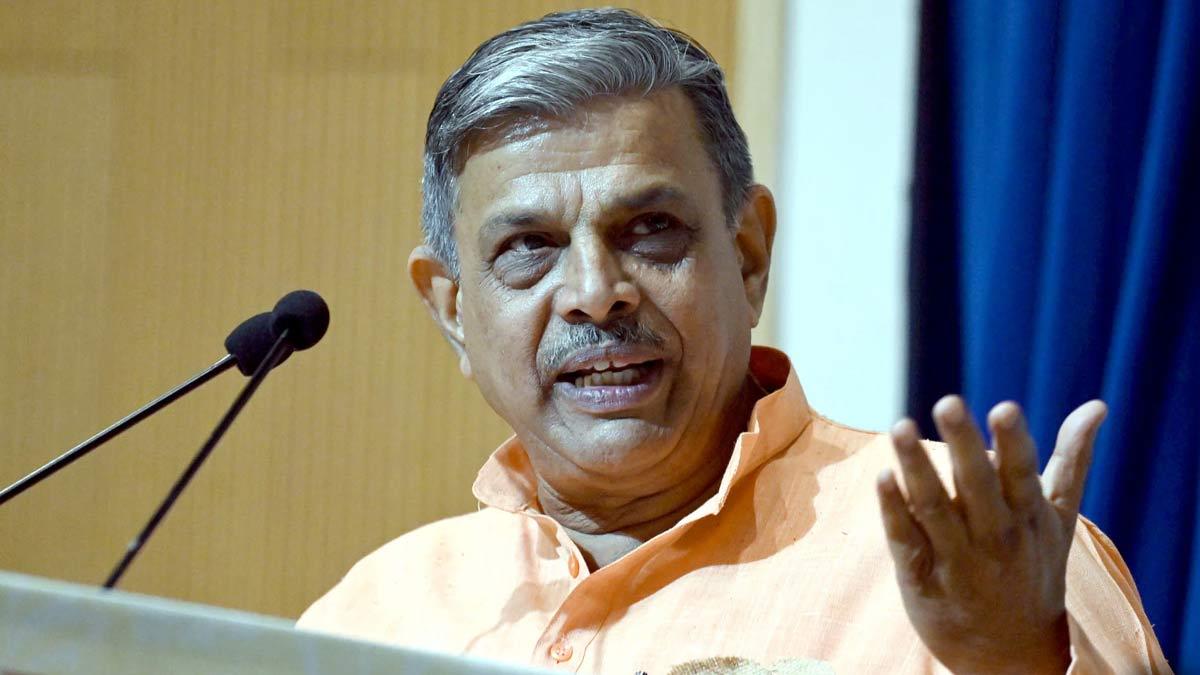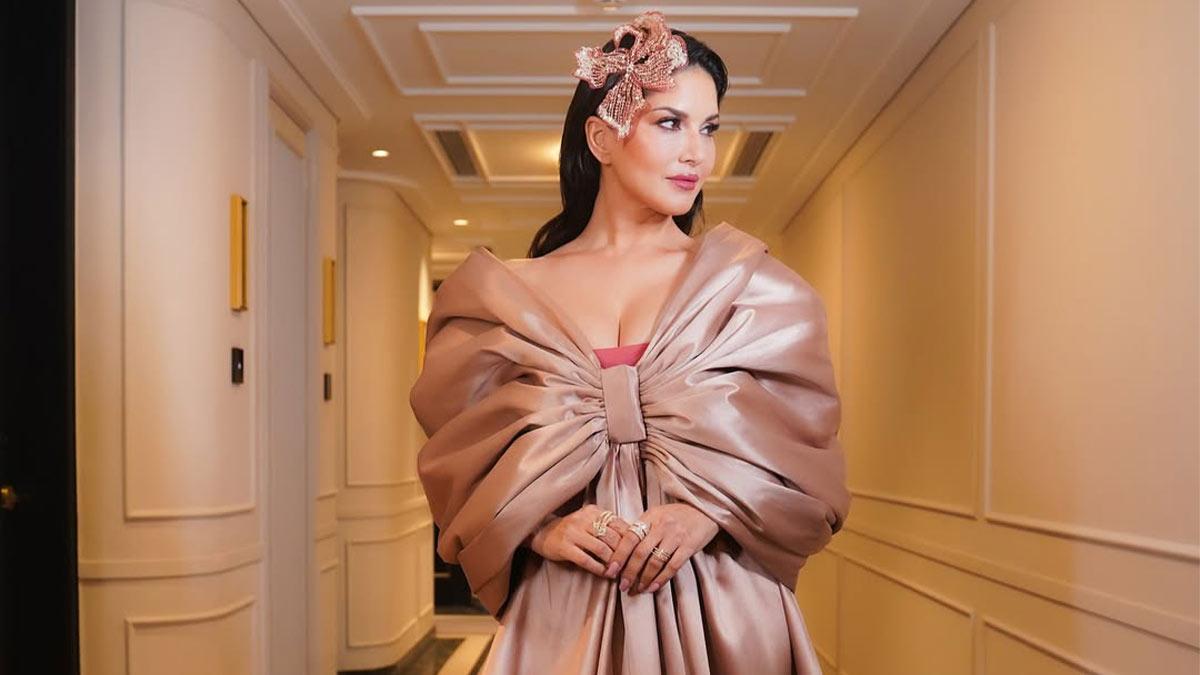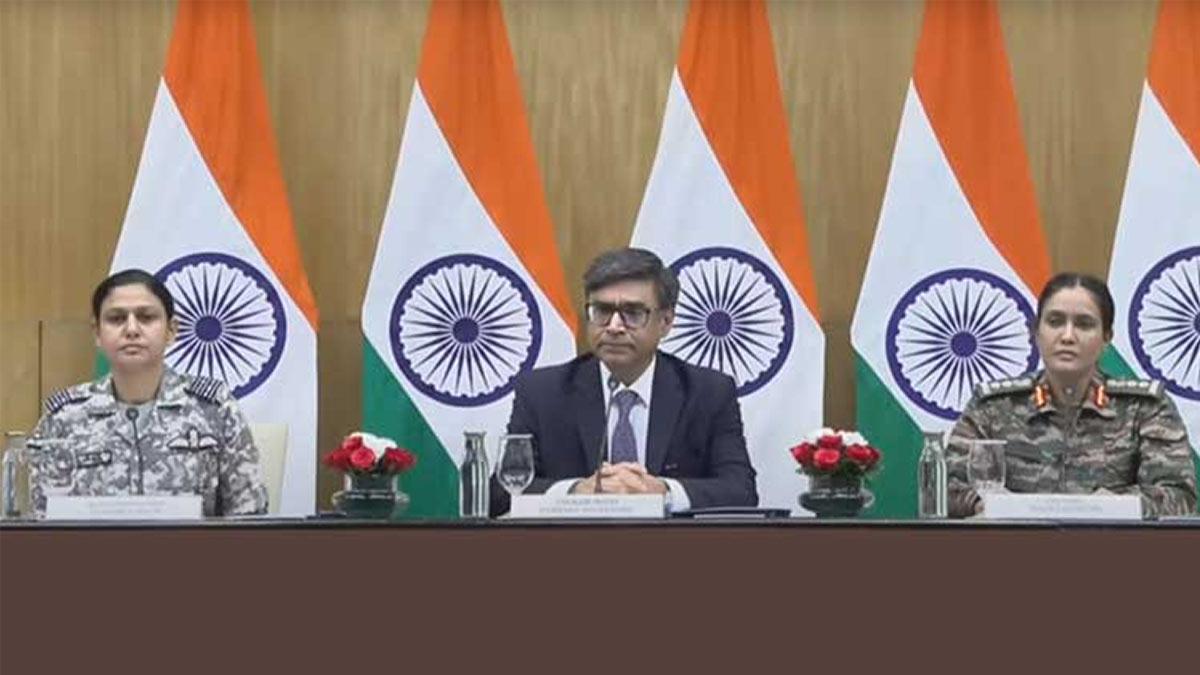The controversy over the legacy of Mughal emperor Aurangzeb has again come to the forefront, with Rashtriya Swayamsevak Sangh (RSS) General Secretary Dattatreya Hosabale weighing in on the issue.
On the last day of the three-day Akhil Bharatiya Pratinidhi Sabha (ABPS) in Bengaluru on March 23, 2025, Hosabale asked if it was right to "iconize" a person who was against the ethos of India, citing Aurangzeb's reign.
He particularly mentioned that the supporters of the "Ganga-Jamuni culture" — which stands for the mingling of Hindu and Islamic cultures — never envisioned celebrating Aurangzeb's older brother, Dara Shikoh. Dara Shikoh was a major driver of cultural confluence, in Hosabale's view, but had never been accorded the same acclaim. This came after RSS publicity-in-charge Sunil Ambekar last week said that Aurangzeb was "irrelevant" in today's context.
Hosabale further added that India's fight for independence from British occupation should not be isolated but should also encompass the fight against rulers such as Aurangzeb, who were regarded as oppressive to the nation's tradition. He further stated that leaders such as Aurangzeb, who were intolerant, should not be taken as models for the nation. The RSS instead holds that those who personify the nation's culture and values should be taken as ideals.
In keeping with this view, Hosabale reiterated that opposition to personalities such as Aurangzeb is not a religious one but a national one, spurred by the interest of the national unity and culture. He pointed out that although India attained political freedom in 1947, "mental colonialism" or the persistence of foreign influences was an issue that had to be addressed.
On the topic of Karnataka's latest move to offer 4% reservation to Muslim contractors in government contracts, Hosabale bitterly criticized the move, alleging that such reservations were against the ethos of the Constitution. He indicated that the courts had again and again ruled such actions unconstitutional and political measures such as these were weakening the constitutional system.
Lastly, Hosabale spoke on the topic of inter-caste marriages, making it clear that the RSS has no objection to them. He clarified that while the RSS focuses on a unified Hindu identity, it does not maintain records of inter-caste marriages in its organization and takes an approach aimed at eradicating the distinctions between castes by advocating a single Hindu community.
In short, Hosabale's words indicate the RSS position on cultural homogeneity, rejection of what it sees as disruptive historical personalities, and its perception of reservations and caste-based distinctions in modern-day India.
Read also| Justice Varma Denies Placing Cash in Storeroom, Responds to Delhi HC Chief Justice


















